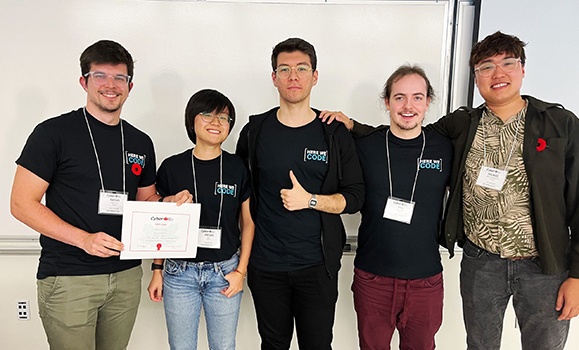Viral ChatGPT poses propaganda and hacking risks, researchers warn
Ever since OpenAI’s viral chatbot was unveiled late last year, detractors have lined up to flag potential misuse of ChatGPT by email scammers, bots, stalkers and hackers.
The latest warning is particularly eye-catching: It comes from OpenAI itself. Two of its policy researchers were among the six authors of a new report that investigates the threat of AI-enabled influence operations. (One of them has since left OpenAI.)
“Our bottom-line judgment is that language models will be useful for propagandists and will likely transform online influence operations,” according to a blog accompanying the report, which was published Wednesday morning.
Concerns about advanced chatbots don’t stop at influence operations. Cybersecurity experts warn that ChatGPT and similar AI models could lower the bar for hackers to write malicious code to target existing or newly discovered vulnerabilities. Check Point Software Technologies Ltd., an Israel-based cybersecurity company, said attackers were already musing on hacking forums how to re-create malware strains or dark web marketplaces using the chatbot.
Several cybersecurity experts stressed that any malicious code provided by the model is only as good as the user and the questions asked of it. Still, they said it could help less sophisticated hackers with such things as developing better lures or automating post-exploitation actions. Another concern is if hackers develop their own AI models.
WithSecure, a cybersecurity company based in Helsinki, contends in a new report also out Wednesday that bad actors will soon learn how to game ChatGPT by figuring out how to ask malicious prompts that could feed into phishing attempts, harassment and fake news.
“It’s now reasonable to assume any new communication you receive may have been written with the help of a robot,” Andy Patel, intelligence researcher at WithSecure, said in a statement.
A representative for OpenAI didn’t respond to a request for comment, nor did the researchers for OpenAI who worked on the report on influence operations. The FBI, National Security Agency and National Security Council declined to comment on the risks of such AI-generated models.
Kyle Hanslovan, who used to create…


